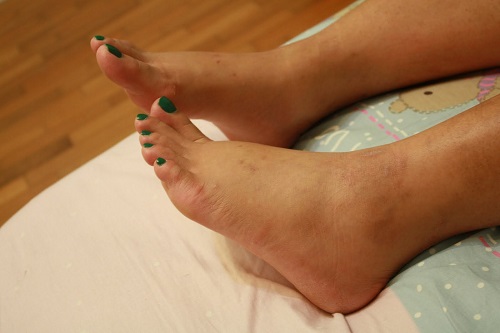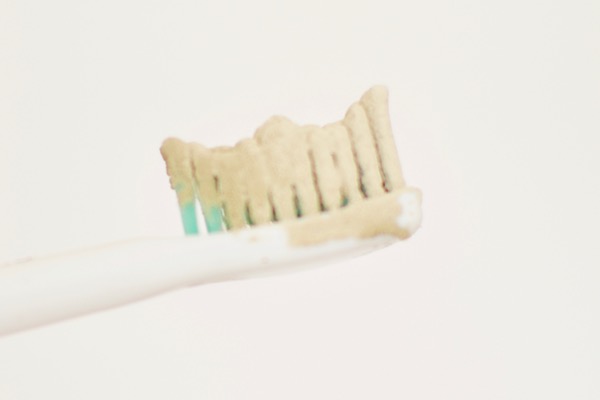Why are my feet swollen? Seriously, here’s the answer to your swollen, edema questions.
Edema is the fancy name for swelling, and it tends to be fairly common among people who have spent all day on their feet. As you stand all day long, your blood pools in your feet and ankles, leading to the inevitable ‘why are my feet swollen?’ question. Once your sit down, your feet feel better, and everything goes back to normal.
But are your feet or ankles swollen after a day of sitting or lying down? If you haven’t spent a lot of time on your feet and they’re still swollen, it may be a cause for concern.
Why Your Feet or Ankles are Swollen
Here are a few things that can lead to swollen ankles and feet:
- Pregnancy -- Not all pregnant women suffer from swollen feet and ankles, but it is a fairly common side effect of pregnancy. There is a moderate amount of swelling to be expected, but if the swelling is very sudden or very noticeable, it could indicate preeclampsia. This is a health condition involving a buildup of protein in your urine, accompanied by high blood pressure. It most commonly sets in around Week 20 of the pregnancy, and will often be accompanied by headaches, nausea, abdominal pain, and infrequent urination. Call the doctor!
- Lymphedema –– This is a problem that may be common among those with lymphatic problems. Lymphatic fluid may build up in the tissues of your feet and ankles, the result of the lymph nodes’ function being reduced. Lymphedema is fairly common among patients who have just completed radiation therapy, or who have recently had their lymph nodes removed. Basically, it’s the result of reduced lymph node function.
- Injury –– If you sprain your ankle or damage the tendons, ligaments, muscles, or bones in your foot, your body’s natural response is to cause swelling. Swelling helps to protect the injured area from further damage, but sadly it also slows down healing. If your ankle is injured, it can swell up very visibly. The best way to deal with swelling in your ankles as a result of injury is to apply ice, elevate your foot, wear a compression bandage, and stay off the foot as much as possible. The swelling should go down within a few days as the ankle heals.

READ MORE: Beauty Essentials
- Venous insufficiency — If your ankles and feet begin to swell up fairly regularly, it may be a sign of venous insufficiency–a condition involved reduced blood flow from your legs to your heart. Your heart can easily pump blood downward into your legs, but the blood has a hard time returning back up the legs to the heart. The one-way valves that promote circulation tend to be damaged, and the blood leaks back downward. This can lead to fluid retention in the soft tissue of your ankles, feet, and lower legs, and, if it persists, can lead to infection, ulcers, and skin changes.
- Clot –– A blood clot can form in the veins of your legs, preventing the blood from returning to your heart. This is a fairly common concern among diabetics, which is why it’s essential for them to check their legs regularly to ensure that no clots are forming. Nerve damage caused by diabetes can reduce sensation in the legs and feet, and the clot can lead to long term damage to the leg.
- Kidney, liver, or heart disease –– If you notice swelling in your feet, ankles, or lower legs, it may be the result of water retention (caused by right-sided heart failure), fluid buildup in the body (caused by kidney failure), or fluid leakage (caused by liver failure).








